Dr. Colin W.P. Lewis, scientist from the Artificial General Intelligence Sentinel Initiative (AGISI), expert in the field of applied artificial intelligence and a professor at the University of Warsaw, gave a talk at the AI&EDU SGMK Scientific Congress entitled “Artificial Intelligence: where are we and where we are heading”. He shared his experiences and thoughts on the development of artificial intelligence and its impact on society.
The beginning of a career in AI
Dr. Lewis began his career at Palantir Technologies in San Francisco, a company founded by Peter Thiel and Alex Karp. Partially funded by the CIA, Palantir quickly became one of the world’s leading data analytics companies. Dr. Lewis was responsible for projects related to banking, using data to improve the efficiency of financial institutions.
Meeting the Asimo robot
In 2010, during a visit to the central bank of the United Arab Emirates, Dr. Lewis had the opportunity to meet the humanoid robot Asimo. This meeting inspired him to explore the relationship between humans and robots and the impact of AI on society. His empirical research has shown that the introduction of robots into the workplace not only does not eliminate jobs, but on the contrary, leads to the employment of more people.
AI’s impact on employment
Examples from companies such as Amazon and car manufacturers show that introducing robots into manufacturing processes leads to increased employment. In 2010, Amazon employed 30,000 people; today it is about 1.5 million, despite implementing hundreds of thousands of robots in its warehouses. Similarly, car manufacturers such as BMW and Tesla have increased employment, despite intensive automation.
Development of language models
The big breakthrough in AI came in early 2023 with the introduction of large language models (LLMs) such as GPT-4.0. These models, although initially plagued by the problem of hallucinations (generating false information), have improved significantly in recent months. Dr. Lewis stressed that the key to effective use of these models is proper query engineering (prompt engineering) to produce consistent and accurate answers.
AI applications in various industries
The use of AI is having a tremendous impact on various sectors of the economy. For example, Klarna in Sweden used AI tools to automate the work of 700 people in one month, projecting a profit of $40 million. NVIDIA, GPU maker, has seen a huge increase in the value of its stock thanks to the growing demand for computing power to train AI models.
Challenges and the future of AI
One of the main challenges with AI is ensuring its reliability and memory preservation. Modern models, such as GPT-4.0, have greatly improved these aspects, enabling more cohesive and contextual conversations. Nevertheless, Dr. Lewis recommends caution and proper user training in the use of these tools.
Artificial intelligence has the potential to revolutionize many aspects of our lives and work. While it brings challenges, the right approach to its implementation and use can bring great benefits. As Dr. Lewis emphasized, the future of AI depends on our ability to properly understand it and use it in an ethical and responsible manner.
We invite you to listen to the interview that Dr. Colin W.P. Lewis gave to SGMK TV
The AI&EDU SGMK Science Congress organized by the Nicolaus Copernicus Superior School was held on June 13-14, in Warsaw. Just like the Futurist of the Year SGMK, the largest futurological science congress of 2024, it became an interdisciplinary space for the exchange of knowledge and experience of Polish and international experts and researchers.
Check out the conference materials and video report from the congress:
https://www.youtube.com/@SzkolaKopernika
Nicolaus Copernicus Superior School
Internationality | Interdisciplinarity | High quality teaching
Nicolaus Copernicus Superior School (SGMK) is a new academic center on the map of Central Europe that draws its inspiration directly from the achievements of one of Poland’s most eminent scientists, Nicolaus Copernicus.
SGMK provides students with direct access to the knowledge of scientists and experts from the top research centers, including many Nobel Prize winners. Since its inception, SGMK has focused on high quality teaching, interdisciplinarity and internationality.
Nicolaus Copernicus Superior School
Internationality | Interdisciplinarity | High quality teaching
New postgraduate programs in the areas of cyber security and artificial intelligence, as well as communication and futurology
Nicolaus Copernicus Superior School is setting trends in teaching. We have just launched one of the first postgraduate programs in Communications and strategic foresight and Cybersecurity and security of financial and public institutions (AI). Apply now!
We are also accepting applications for the next edition of our elite MBA program “Banking and Financial System”.







